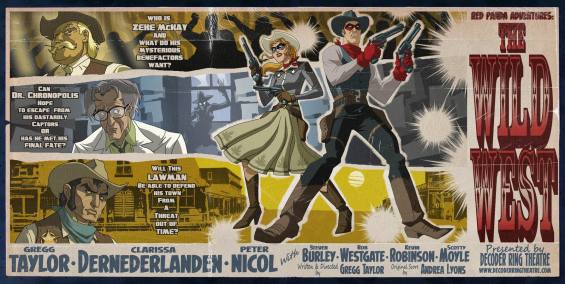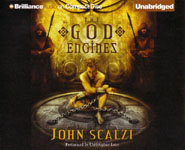
Here’s a two hour lecture given by J. Michael Straczynski at MIT back in 2009. Sorry, there’s no audio only edition.
This year’s Julius Schwartz Lecture speaker was transmedia creator J. Michael Straczynski, who has most recently entered the motion picture arena, writing the period drama Changeling for Clint Eastwood and Angelina Jolie, adapting such books as Lensman for Ron Howard, World War Z for Brad Pitt’s company, and They Marched Into Sunlight for Tom Hanks and Paul Greengrass, as well as reviving Forbidden Planet for Warner Bros. and selling two new original movies, The Flickering Light and Proving Ground to Universal and Tom Cruise’s United Artists, respectively. He has also begun work on Last Words, a pilot for a new TV series for the TNT network.
Previously known best for his role as the creator of the cult science fiction series Babylon 5 and its various spin-off films and series. Straczynski wrote 92 out of the 110 Babylon 5 episodes, notably including an unbroken 59-episode run through all of the third and fourth seasons, and all but one episode of the fifth season.
His early television writing career spans from work on He-Man, She-Ra, and The Real Ghostbusters through to The New Twilight Zone and Murder She Wrote. He followed up Babylon 5 with the science fiction series Jeremiah.
Straczysnki also enjoys continued success as a comic book writer, working on established superhero franchises, such as The Amazing Spider-Man, Supreme Power and Thor, as well as his own original series, such as Rising Stars, Midnight Nation, The Twelve, and The Book Of Lost Souls. He is also a journalist, publishing over 500 articles in such periodicals as the Los Angeles Times, the Los Angeles Herald Examiner, Writer’s Digest Magazine, and TIME Inc.
He was one of the first television producers to actively engage his fan community online and has consistently explored the interface between digital media and other storytelling platforms.
Posted by Jesse Willis






